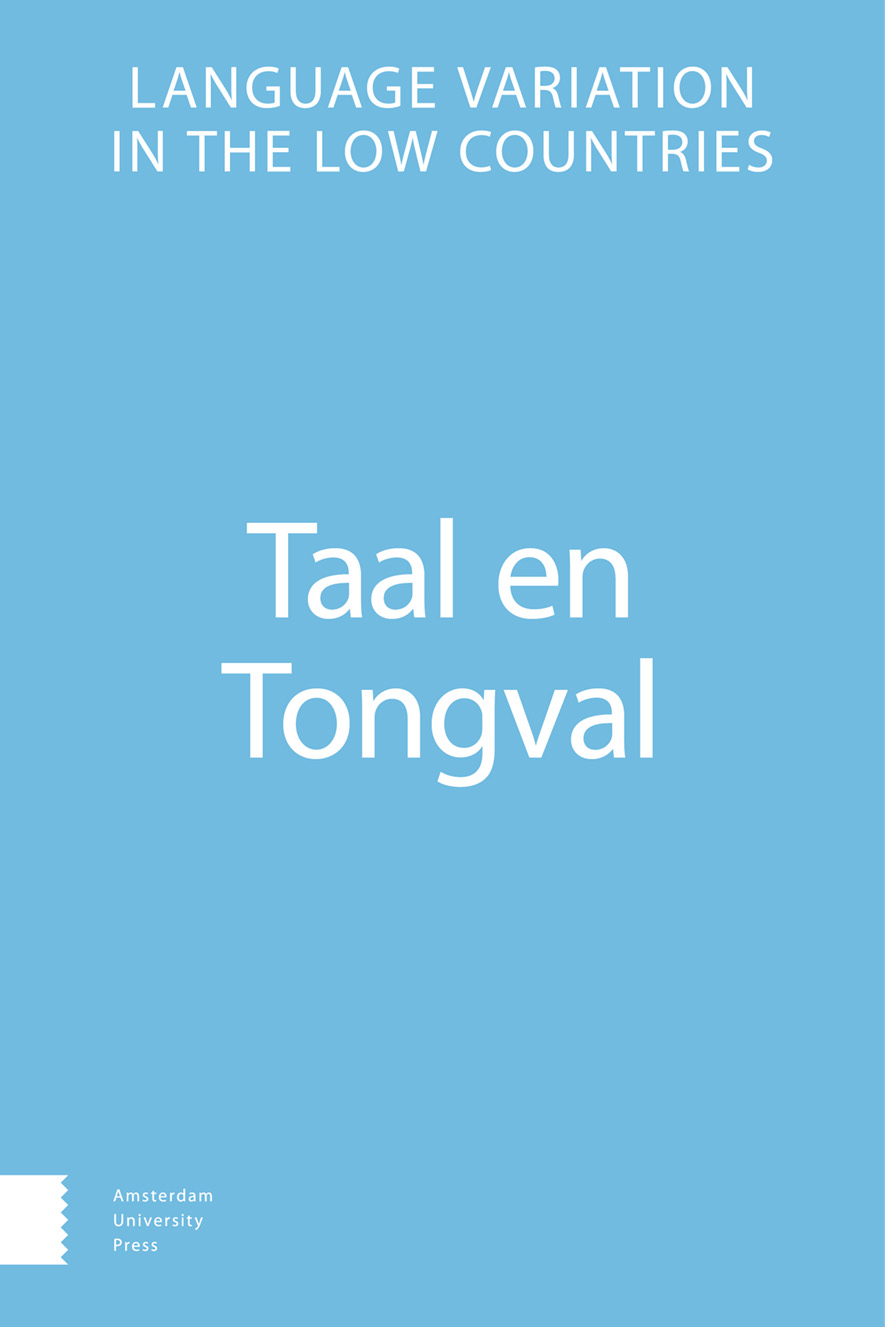- Home
- A-Z Publications
- Taal en Tongval
- Issue Home
Taal en Tongval - Current Issue
Volume 77, Issue 2, 2025
- Article
-
-
-
‘Twee shishi’: A remembered secular song in Carriols (Virgin Islands Dutch Creole)
More LessAuthor: Kristoffer Friis BøeghAbstractThis article examines a 1980 recording of a remembered song in Carriols, or Virgin Islands Dutch Creole, the now-extinct Dutch-based creole once spoken in the former Danish West Indies and current US Virgin Islands. Recorded in St. Thomas, the song, ‘Twee Shishi’ (‘Two Sisters’), was part of an African-derived musical tradition known as bamboula, common in the Caribbean during the era of slavery. While European missionaries documented many religious songs in Carriols, little secular material produced by members of the colonized population has been preserved. This is the only known surviving audio recording of a song in Carriols from before the language died out in 1987. The article offers a brief historical overview of bamboula in the Virgin Islands and presents a linguistic analysis and discussion of ‘Twee Shishi’, situating it within the broader context of Carriols documentation. While the song aligns with 20th-century Carriols linguistically, it likely originates from before the mid-19th century.
-
-
- Artikel
-
-
-
De rol van semantische, pragmatische en sociolinguïstische factoren bij de grammaticalisatie van zitten/staan + te-infinitief
More LessAbstractThe role of semantic, pragmatic and sociolinguistic factors in the grammaticalization of zitten/staan + te-infinitive/ Posture progressives
Based on corpus studies, it has been shown that the posture progressive in Dutch (involving a posture verb and an infinitive) is currently going through a process of grammaticalization whereby the verb is losing its postural meaning. This study investigates the role of semantic-pragmatic and sociolinguistic factors in this grammaticalization process. Using an online acceptability test, native speakers of Dutch were asked to indicate whether the presented posture progressive matched a given pictured context. The results showed that young Dutch listeners tended to accept the progressive constructions more often than older listeners, which was expected in a context of language change. The degree to which progressives were accepted depended mostly on the posture verb, on the physical relation between the posture verb and the reported action and on the intended pragmatic context. The study shows the importance of combining semantic-pragmatic and sociolinguistic factors in the study of language change.
-
-
- Article
-
-
-
Come city, I am city: Associations with and appreciation of bare spatial predicates from youth Dutch
More LessAuthors: Gert-Jan Schoenmakers & Chantal van den BergAbstractA new construction is becoming popular among young Dutch speakers: instead of saying ik ga naar de stad ‘I’m going to the city’, they say ik ga stad ‘I’m going city’. We report on a questionnaire with open-ended questions and semantic differentials to investigate what associations L1 speakers have with the construction and how they appreciate it. We find that participants less familiar with the construction associate it with Straattaal ‘street language’ and evaluate it more negatively; participants more familiar with it associate it with student life and are more appreciative of it: they evaluate it as better Dutch, more acceptable, more beautiful, and hipper. We argue that bare spatial predicates are associated with a covert dynamic prestige and that increased familiarity with them is the driving force behind their diffusion in the linguistic community, in spite of negative evaluations.
-
-
- Artikel
-
-
-
Wie in den drei friesischen Sprachen über Männer und Frauen geredet wird: eine Erkundung auf mehreren Ebenen
More LessAuthor: Henk WolfAbstractHow men and women are referred to in the Frisian languages: a multi-level investigation
When people are introduced as a topic into a Frisian discourse, it is common to convey their sexes. This paper describes how and when this takes place. It draws its data from a picture description task carried out among native speakers of North, West and Saterland Frisian. The paper focuses on agentive nouns and especially on the use of suffixes to explicitly refer to women. It addresses both the findings and their theoretical implications on the levels of semantics, morphology/syntax and pragmatics, and it proposes a multi-level model to account for the findings. It is shown that this model can also be used to account for the ways sizes of objects are conveyed in West Frisian.
-
-
- Boekbespreking
-
Volumes & issues
Most Read This Month Most Read RSS feed


